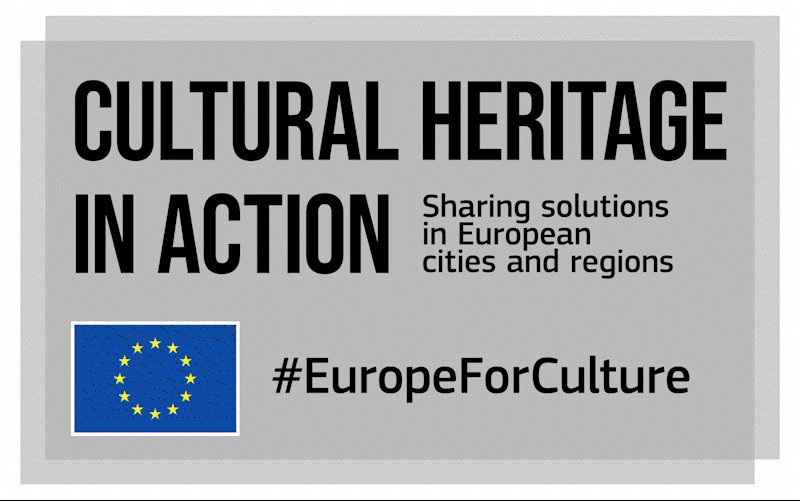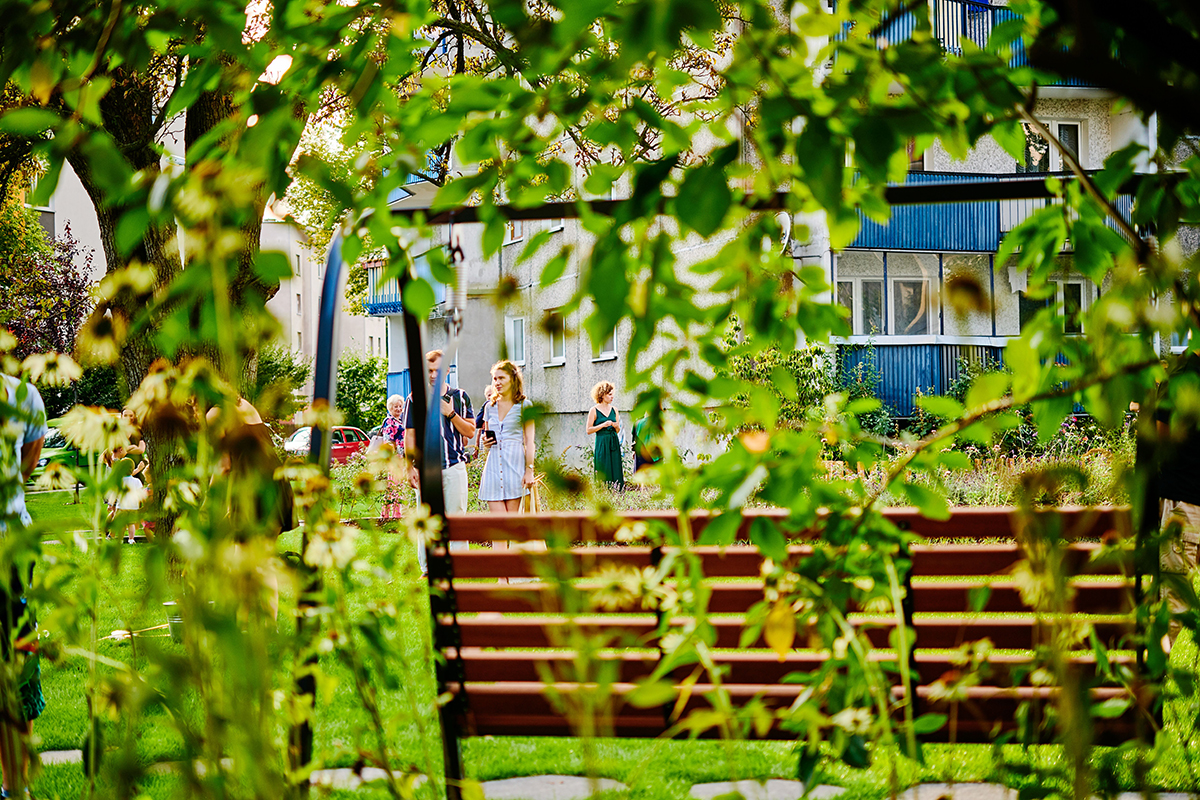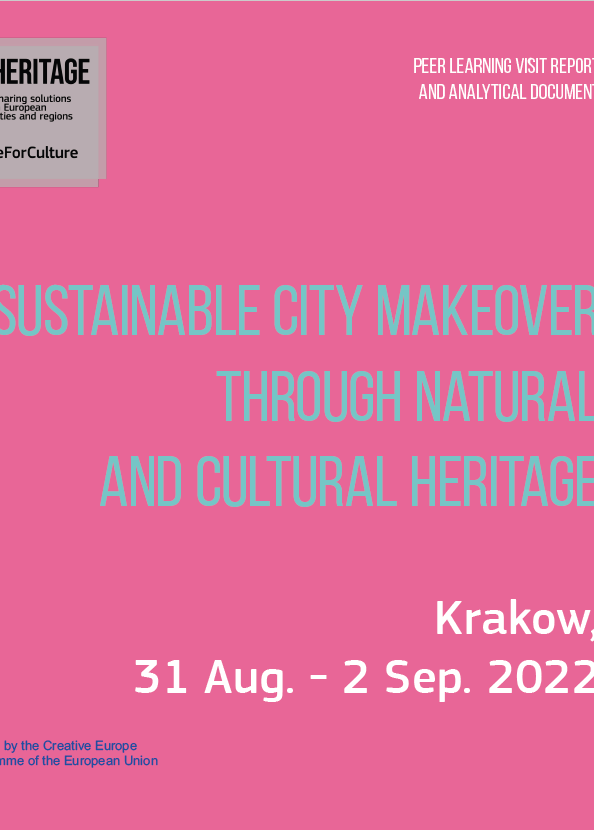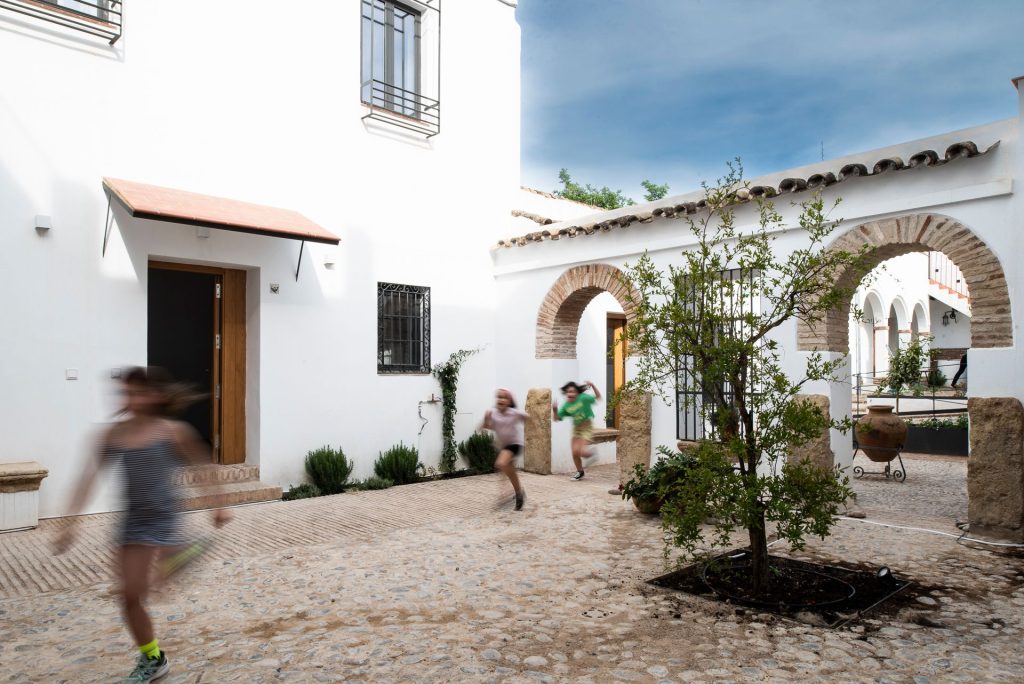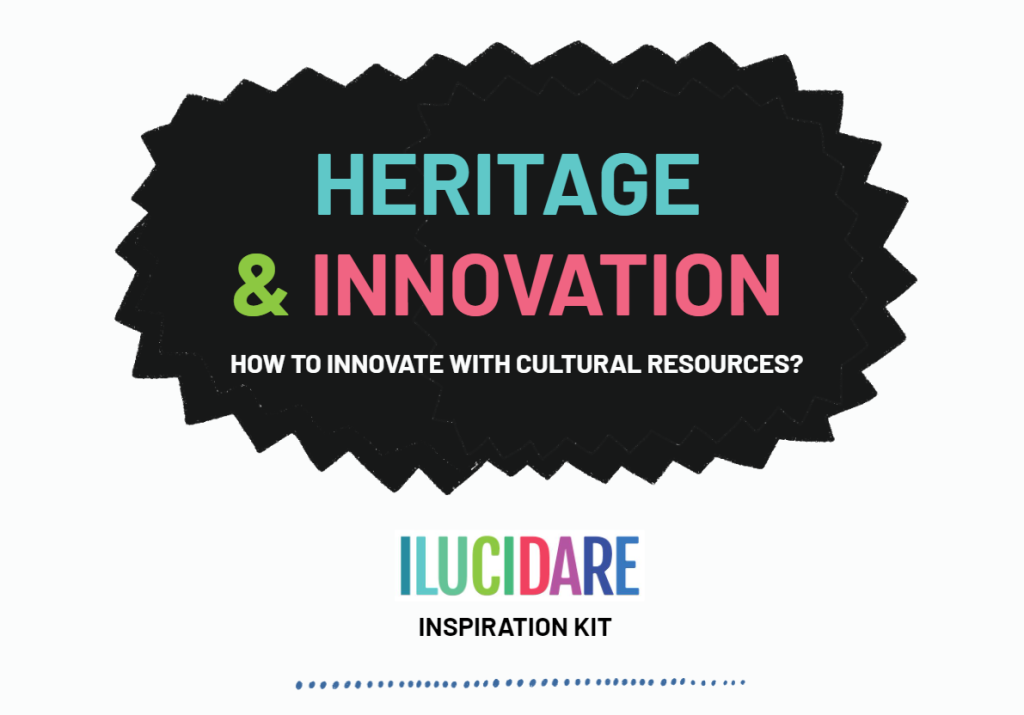A large and populous urban environment, Krakow suffers from a lack of easily accessible green spaces. As well as ecological and climate concerns, this means a lack of places for community to meet and engage spontaneously. Developing large-scale green areas is costly and takes time. Meanwhile, disused back-alleys and other hidden pockets of the city were breeding-grounds for anti-social behaviour. The City of Krakow has developed several initiatives through its Municipal Culture Service and its Municipal Green Space Authority to capitalise on the city’s natural and cultural heritage and landscapes for its sustainable development.
The green policy of the Municipal Green Space Authority lays down several initiatives and goals to protect, shape and develop the green spaces in the city as guiding principles for green development to improve the quality of life and biodiversity in the city and to adapt to and mitigate the impact of climate change.
Pocket parks are a participatory programme to turn smaller, underused public spaces in neighbourhoods into everyday green spaces for local people. The intention is to provide more public green spaces within walking distance, as cooling islands to relax and meet people of the neighbourhood and to raise the awareness about the importance of nature and green spaces in the city.
The Villa Decius Institute for Culture, a municipal cultural institution, is an important place of cultural dialogue and promotion of plurality and tolerance in Krakow’s public life. It is located in a rehabilitated heritage building, providing multidimensional space for a variety of cultural activities. Among other things, it offers residences for international and European artists, exhibition and event space for diverse cultural activities and cultural events aiming to reach out and include foreigners and refugees living in Krakow (multicultural festivals, cultural picnics).
The Symbioza ecological education Centre, located in the “Okocimski Pavilion”, an eco-friendly rehabilitated heritage building in the Wolski forest in Krakow, aims to raise local citizens’ ecological awareness by engaging and stimulating all their senses. The idea is to help citizens – with a particular focus on children and schools- to discover nature and create their own bonds with others by offering workshops, nature tours and a multi-sensory exhibition.
The initiatives presented have shown that green spaces and heritage can improve the quality of life in Krakow, when institutions and organisations collaborate, and projects and issues are linked in an integrated way. The basis for this is a strong political mandate, an ambiguous but well rooted green policy, and a responsible institution with adequate staff and budget. The importance and success of participatory formats to improve local green spaces were also convincingly demonstrated. Common to all projects is a focus on bringing people more into exchange with nature and with each other, while also having a community building effect.
You can read more in the recently published report from a peer-learning visit organised in Krakow in August-September 2022: the visit focused on sustainable cultural heritage development in practice. The visit was followed by an online session on how to capitalise on cultural and natural heritage to advance the greening of cities and regions and to raise citizens and communities’ awareness about nature, biodiversity and climate change. The recording is available below.
